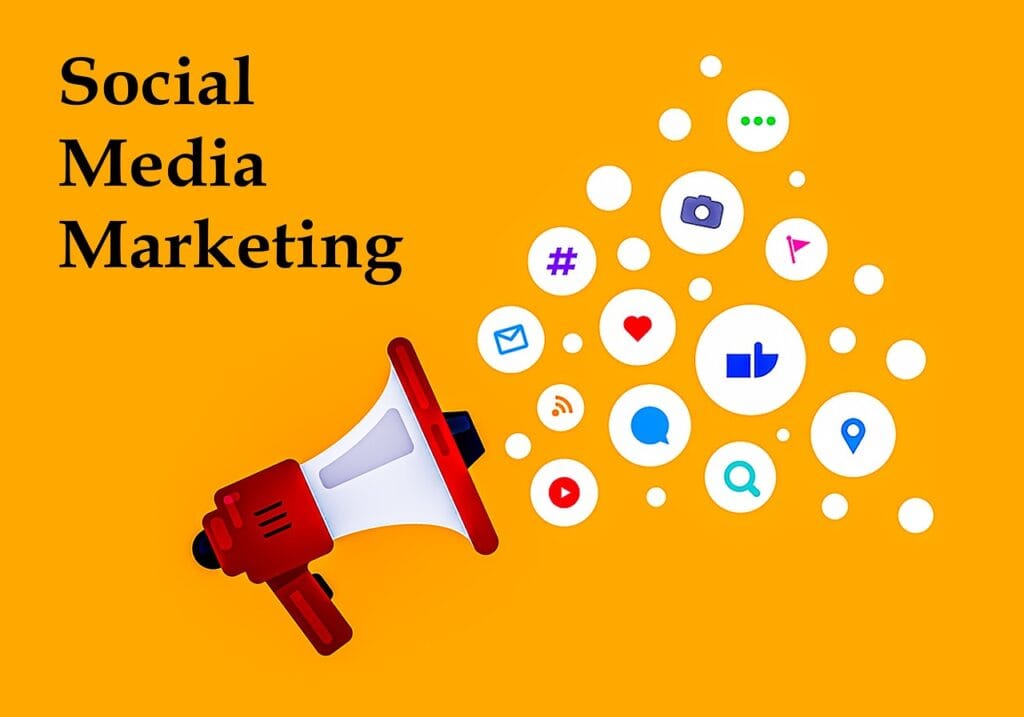What is Social Media Marketing? Its Components and Benefits Social Media Marketing (SMM) is a digital marketing strategy that involves


What is Social Media Marketing? Its Components and Benefits Social Media Marketing (SMM) is a digital marketing strategy that involves